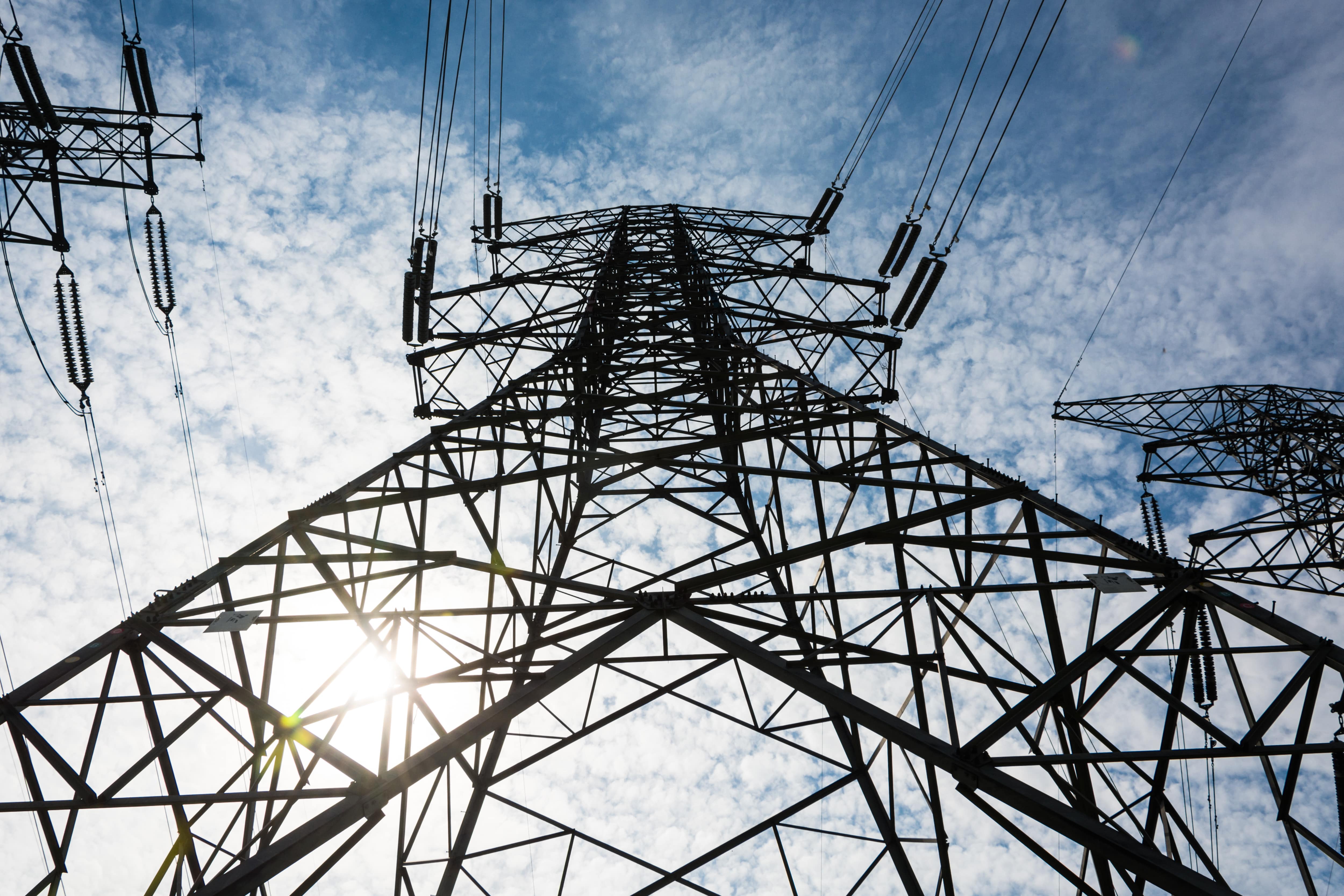Energy Supply
Socioeconomic Issue in Spotlight

Electricity plays a big part in the modern world. It is a vital component in the production process of many sectors and industries, including households, enabling them to be more efficient and devote time to other activities. Goal 7 of the 2030 Sustainable Development Goals (SDGs) seeks to ensure access to affordable, reliable, sustainable, and modern energy for all. Based on the 2022 World Bank SDG 7 Energy Progress Report, 733 million people worldwide still have no access to electricity. Despite efforts toward universal access, accessibility and reliability of electricity are still issues in many developing countries.
Navarro et al. (2013) revealed that about 130 million people in Southeast Asia lacked access to electricity in 2010. At least 228 million still rely on traditional biomass for cooking and lack access to clean and modern cooking facilities. Based on projections by the International Energy Agency, 63 million of the population in the Association of Southeast Asian Nations (ASEAN) region will still have no electricity by 2030. Improving the rural electrification ratio in ASEAN countries is still a major challenge at the national and regional levels, compounded in populous and archipelagic countries such as Indonesia and the Philippines.
The Electric Power Industry Reform Act (EPIRA), or Republic Act 9316, was enacted in 2001 to achieve reliable and competitively priced electricity in the country. The law restructured the country’s power sector by removing monopolies in the energy industry and fostering competition in the generation and retail supply subsector. Transmission and distribution, however, remained party regulated to ensure a stable supply of electricity for the entire country. According to Brucal and Ancheta (2018), the major achievements of the law include (1) improved reliability, quality, and affordability of electricity supply; (2) improved access to electricity among households; (3) more efficient power generation and transmission; and (4) improved government fiscal condition. Nevertheless, even though EPIRA brought advancements in the energy sector, there is still a need to increase investments in power generation for a more reliable and stable electricity supply. They recommended that the Department of Energy undertake generation mapping as a policy and regular practice and implement optimal decisionmaking on the location of generation plants.
Climate change has a considerable effect on energy consumption and supply disturbances. Dacuycuy (2017) observed that weather changes affect household energy consumption. It increases as the level of discomfort caused by a higher heat index rises, resulting in households turning “to the most convenient energy source to power cooling appliances”. The same result was observed among households with higher income levels, as they can afford appliances like air conditioning units and water heaters and have bigger floor areas, thus requiring more energy. Those with higher incomes opt to use more expensive and cleaner energy sources, not the cheaper ones like coal. She noted that “poverty is a binding constraint to adopting cleaner, safer, and more efficient energy sources.”
Meanwhile, Francisco (2022) found that environmental factors cause significant electricity supply disruptions, with major storm disasters as the biggest cause of frequent and prolonged power interruptions. This is alarming, given that typhoons frequently hit the country. She urged the government to improve and climate-proof the country’s power and electricity-related infrastructures to protect these from damage and shorten the duration of downtime after weather-related events.
After a temporary decline in 2020, demand for electric power is expected to accelerate in the medium term as the economy recovers from the COVID-19 pandemic. The 2021-2022 Economic Policy Monitor published by the Philippine Institute for Development Studies proposed three priorities for addressing the power supply issues in the country. These include (1) tackling the Luzon-Visayas grid power supply problem alongside the declining output from the Malampaya gas field, (2) augmenting inadequate reserves in the power system, and (3) improving unclear and insufficient legislative and regulatory frameworks for natural gas.
SERP-P has resources tackling energy supply. Below are some of them:
- Energy Market Integration and Energy Poverty in ASEAN
- Examining Energy Use and Weather Variability Through the Gender Lens
- The Philippine Electric Power Industry Under EPIRA
- Electricity Supply Interruptions in the Philippines: Characteristics, Trends, Causes
- #ClosetheGap: Accelerate Post-pandemic Recovery through Social Justice
For more studies, simply type “energy”, “electricity”, and other related keywords in the search box of the SERP-P website.


